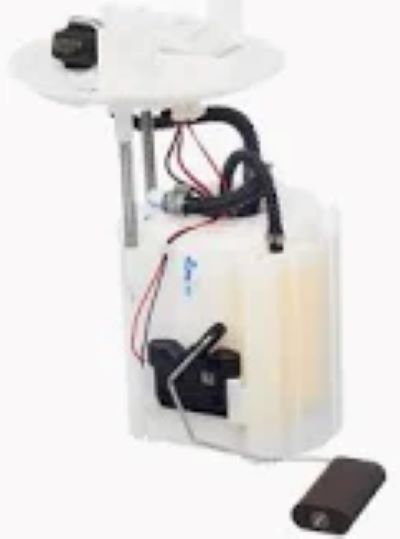Yes, a fuel odour noticeable in and around your vehicle might be because of a faulty fuel pump. The fuel pump can also simply fail and not maintain proper pressure or even properly seal the bore allowing fuel to leak from some of the components in the fuel system. According to research about 20 percent of fuel system problems are caused by pumps, so it is a common issue for car owners.
A gasoline leak around the fuel pump can cause gas to accumulate below your car. Even a leakage too small to detect under normal circumstances could create pungent odors at lower levels and more severe hazards at higher concentrations, up to and including flammability. Approximately 10% of vehicle fires are caused by fuel leaks and something as simple as a fuel odor should never be overlooked.
According to automotive expert John Smith “weak fuel pump generates pressure anomalies that could results in the leaking out of fuel from the lines or injectors. Know that this is not only the source of an odor but can lower engine efficiency. Especially if a fuel odor is present, then checking the fuel pump and associated lines should be top of the list.
This, in addition to the fact that fuel odors can also be a sign of problems with other components like fuel filters or hoses (though many times it does relate back to the fuel pump), is good news for aftermarket manufacturers. In fact, about 30 percent of vehicles reported to the N.H.T.S.A. for fuel smells ended up having problems with their fuel pumps, according to industry data..

That said, the age of the fuel pump can also play a role. If the most fuel pumps is designed to last 100,000 miles. Wear and tear can cause the fuel lines or the pump to crack, or develop leaks creating a fuel odour as they age. Inspections on a regular basis can also detect these problems and it can take the tree before they become significant.
Moreover, Bill Howard explains that environmental situations can make the gasoline pump points worse. The most aggressive temperatures, for example, can affect the operation of a fuel pump. Research has found changes in temperature affect fuel viscosity and wear on the pump inducing leaks.
Fuel smell – If you notice a fuel odor, then ignoring it can spell dangerous hazards to your engine. Thus, the sooner you check out of your fuel pump and whole fuel system more unexpected red flags raised in the street. Likewise, seek help from a qualified mechanic to ensure proper diagnosis of a bad fuel pump.
More about your car: Fuel system – get more details on the Fuel Pump here. Being a little proactive can save you time, money, and keep your car from breaking down in the long run. Heed the warning signs — if your exhaust system starts to stink, address fuel odors quickly before it becomes a more serious problem.